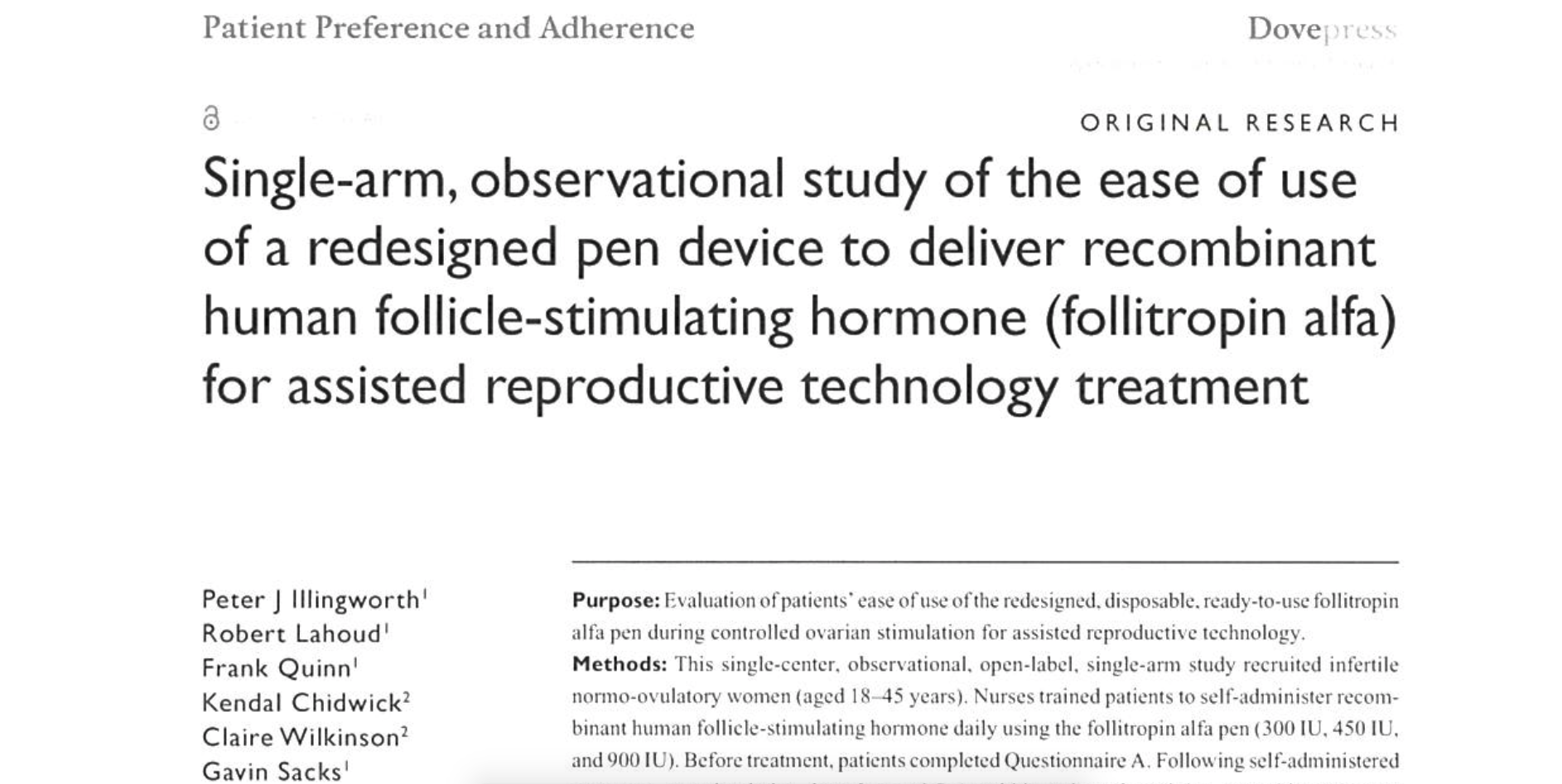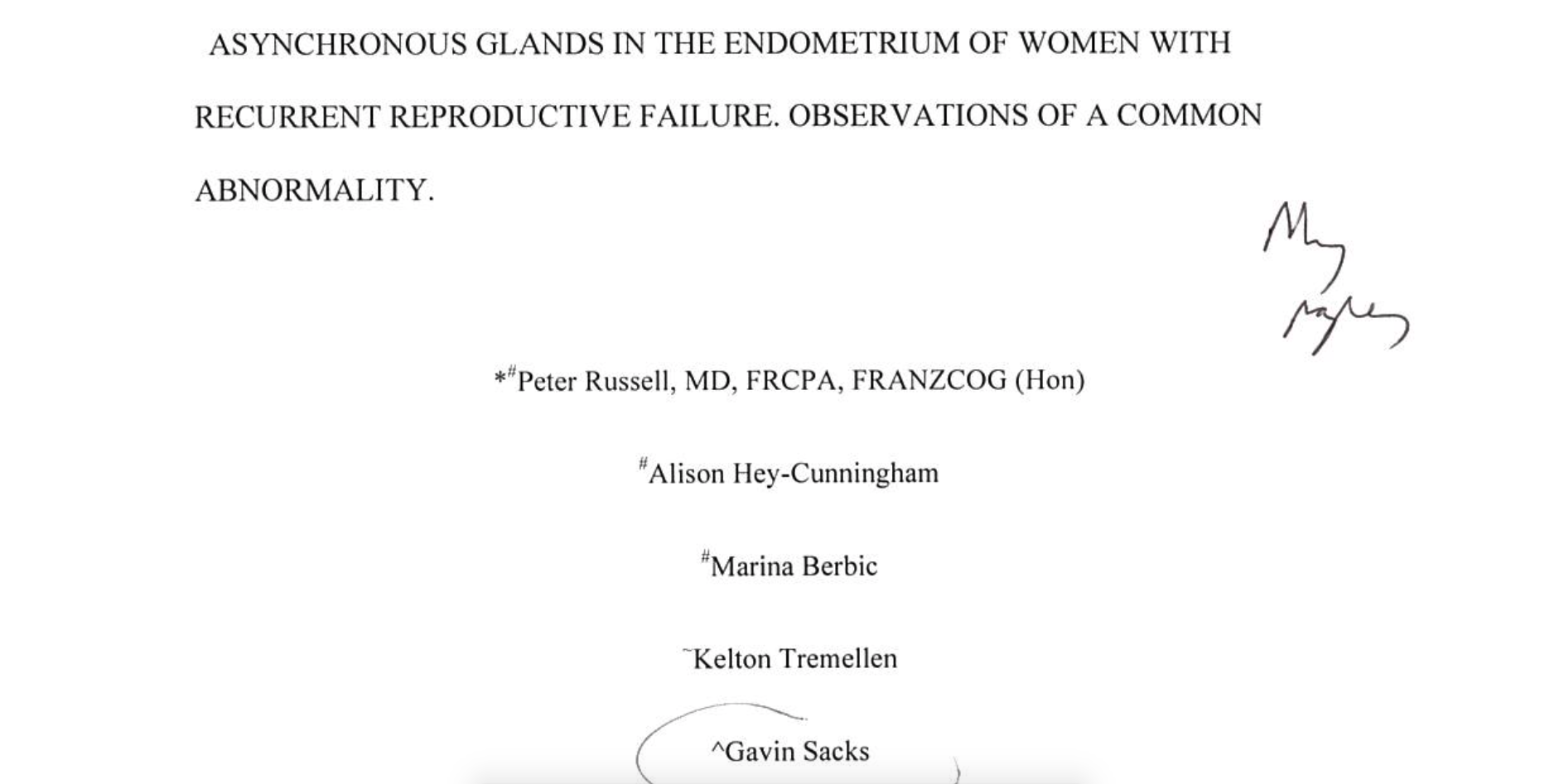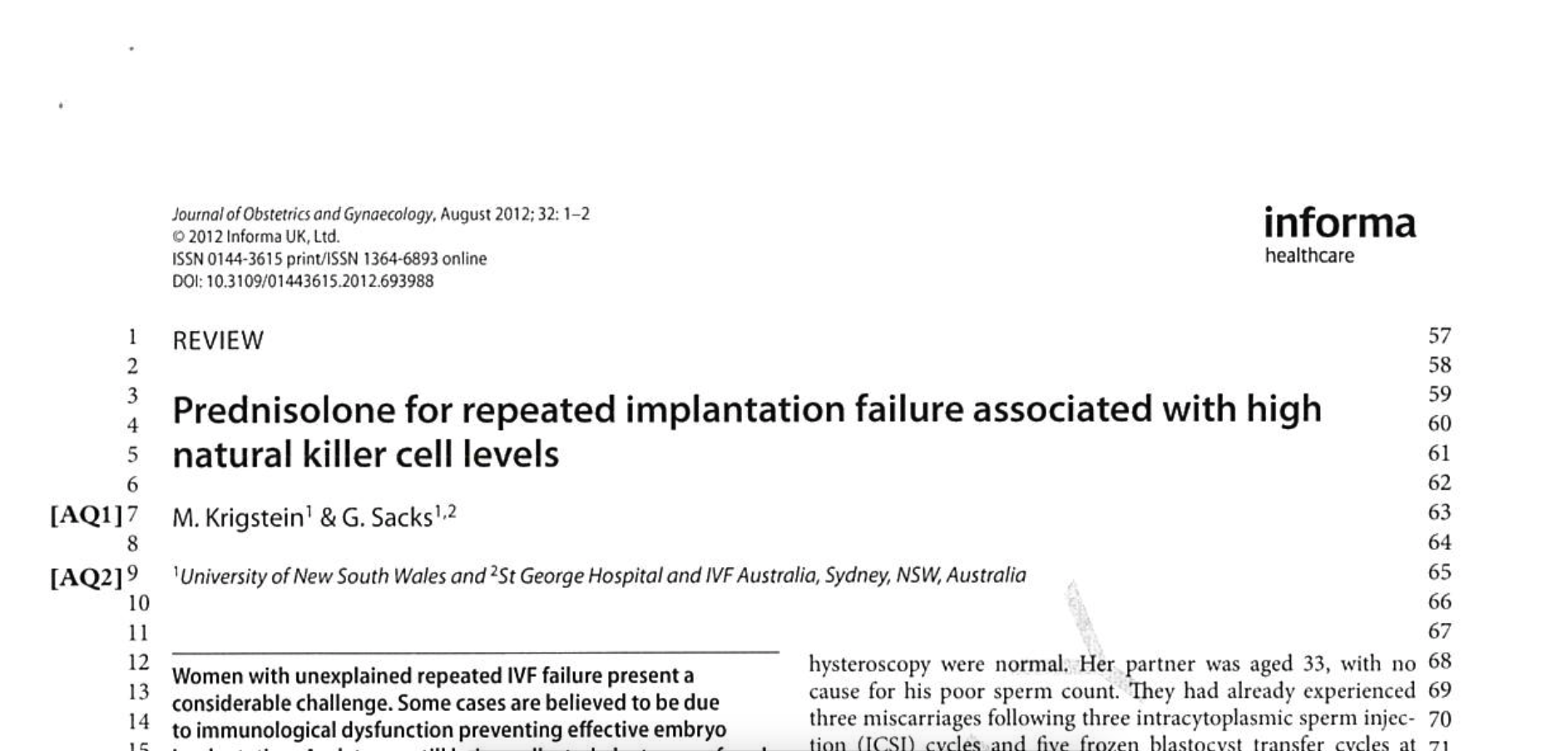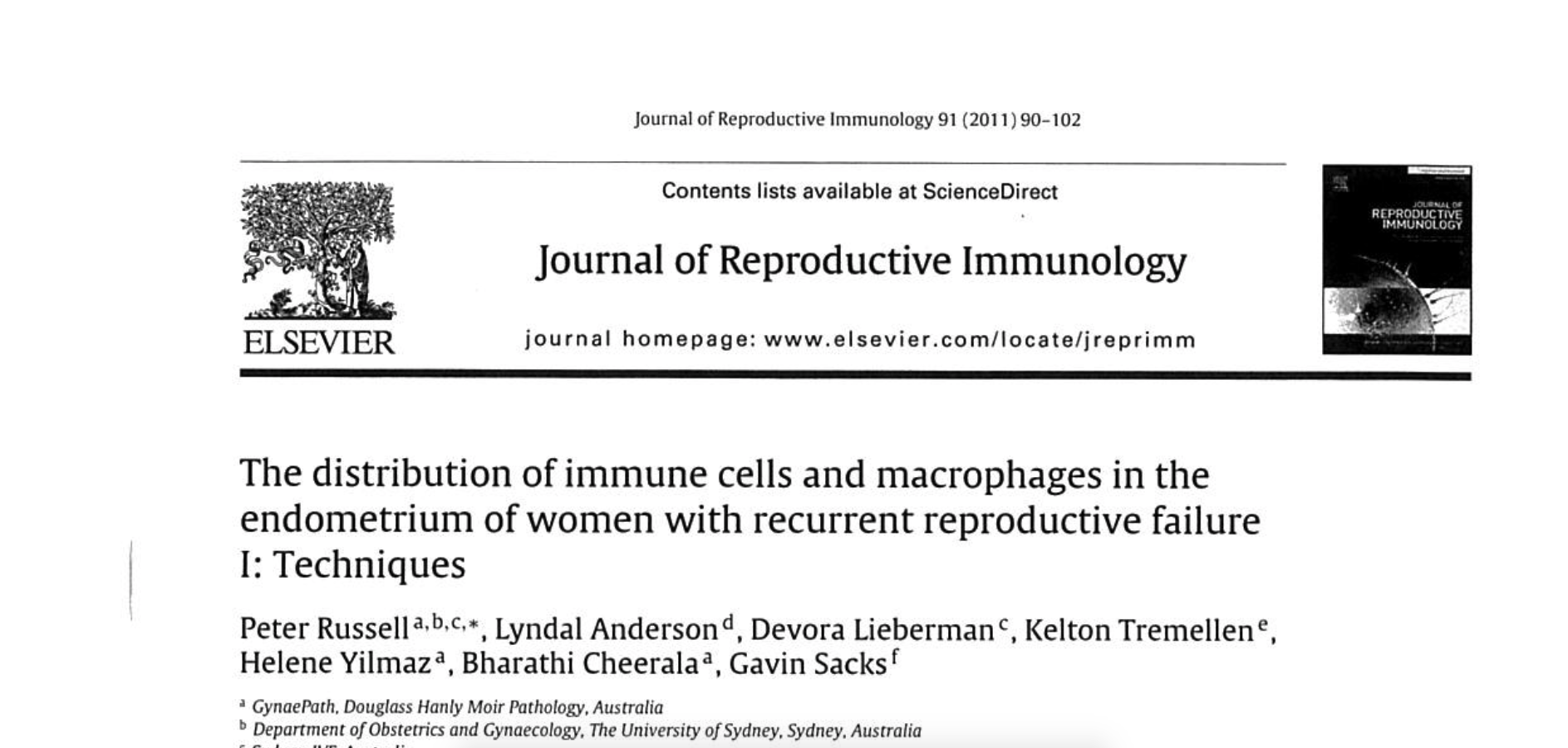Reproductive immunology: the relevance of laboratory research to clinical practice (and vice versa)
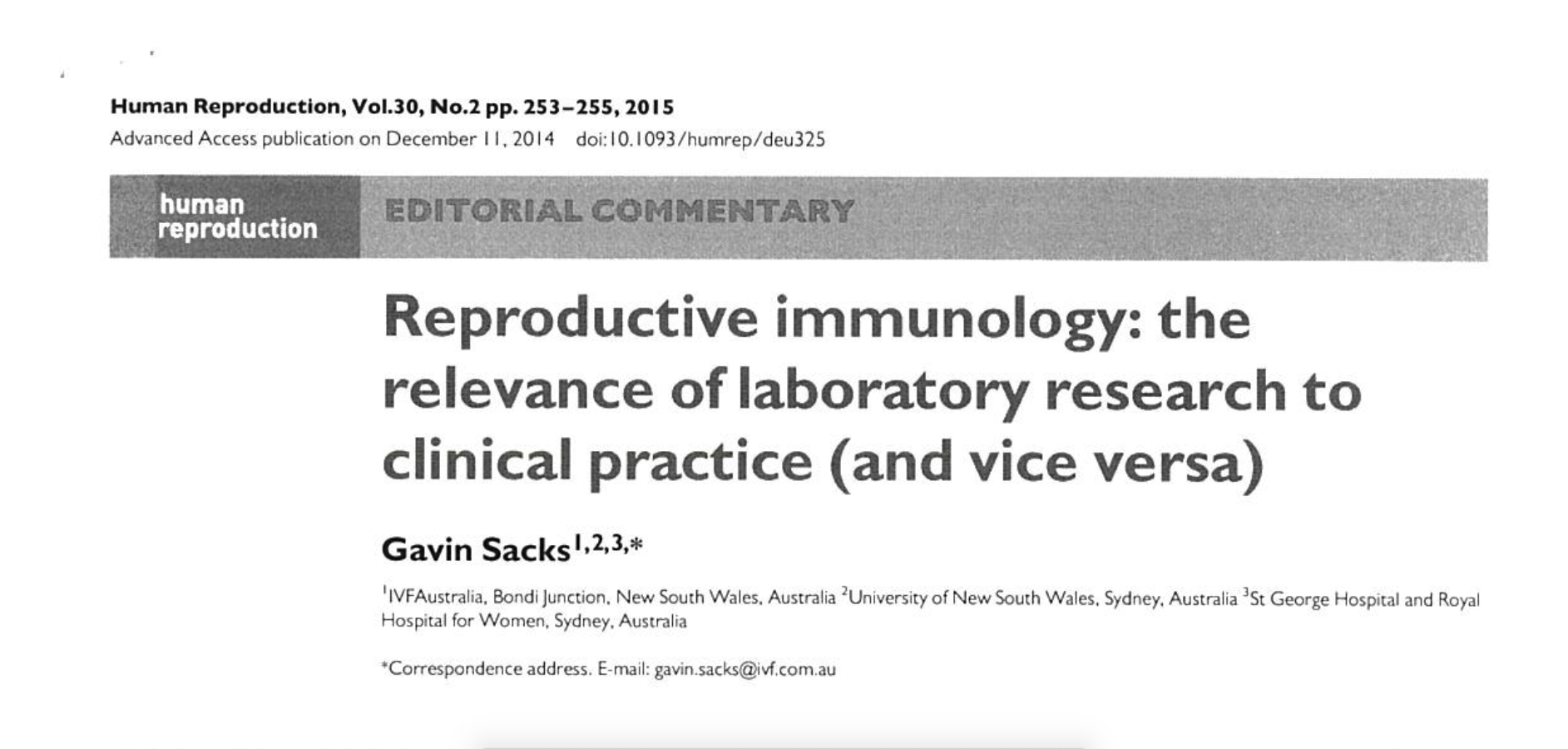
In this issue of Human Reproduction, the paper by Gu et al. represents a landmark in reproductive immunology research. A new mechanism for evasion of maternal immune attack is described, one which explains an older theory but also itself represents part of a newer understanding of the maternal – fetal relationship.
Although some of the methods may be relatively unfamiliar to many readers of this journal, the scientific en- deavour is extraordinary and it is stimulating to consider how this is placed in the context of current theory and practice of reproductive im- munology. In particular, this paper demonstrates, as an example, that there is a whole lot more to reproductive immunology than natural killer (NK) cells and immune therapy.

